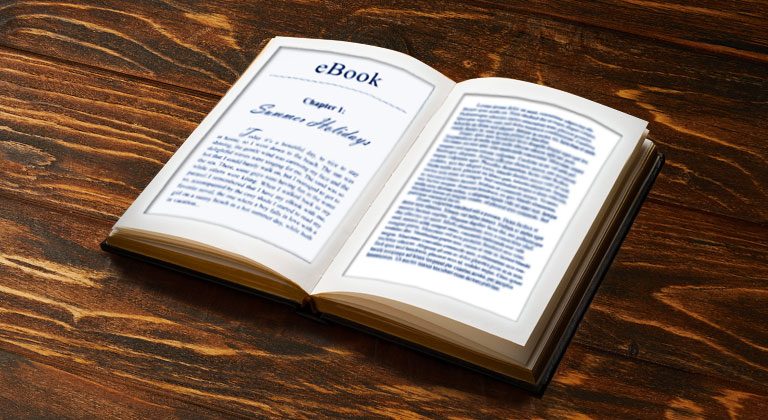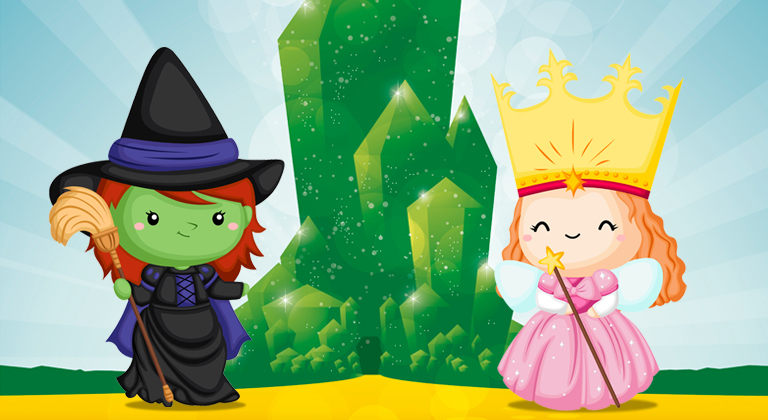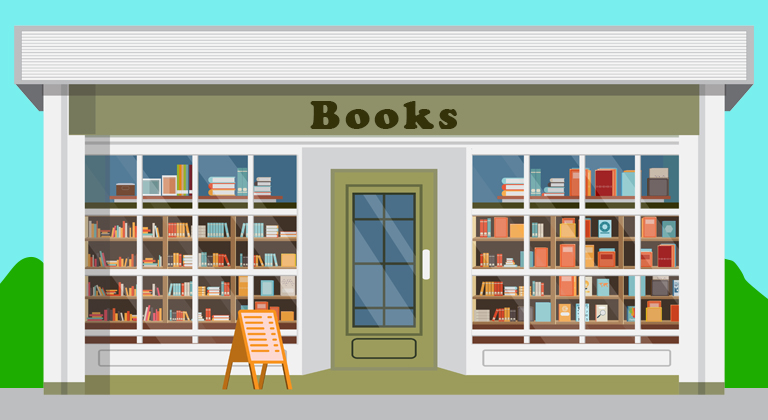The Case for Reading More Often, and Buying More Books
Anyone in the book industry knows how tough it is these days to get people to buy more books and spend more time reading. Books have a lot of competition, and it’s not just from traditional things like movies or television. The internet has brought a whole host of new distractions, like streaming video and music or interactive online communities. But author Tracy Stanley is here to remind us that it’s up to us to make the case that there is still a lot of value in books and, compared to many other indulgences, they can be downright bargains.
It’s tough. We all know how challenging it is to find readers and to entice them to pay a few dollars for hours of learning and enjoyment. Reading is one of the best investments people can make of their time and money. We know this, but how can we pass the word along?
As authors and business people, we all share objectives for encouraging more people to read and buy books. Here are a few thoughts on how to get the message across.
Communicate the value of reading books
Let’s start with non- fiction. We should let our readers know more clearly what they will learn and experience from our books. If I want to learn how to do something, I can buy a book and benefit from an expert’s condensed knowledge, often obtained from many years of experience, and I can read the material in my own space and time frame, providing maximum flexibility. This knowledge can provide a new skill, hobby or even a career change. Paying someone to share this knowledge with me, or even participating in a training course would be a much higher cost (sometimes ten to a hundred times more), and far less convenient.
For fiction, the value can be measured by the escape potential of the story, how it gives us insights and helps us to build empathy, and by the inspirational impact of a protagonist who overcomes insurmountable difficulties to get the girl, climb the mountain or win the prize. Often uplifting and inspiring – even when it’s sad.
Comparatitus
We need to harp on a bit about the comparative cost of a book. With the arrival of e-books and the absence of delivery charges, books have never been cheaper or more accessible. I’m the first person to advocate for a yummy cappuccino made by a skilled barista. This delicious ten-minute experience typically costs me the same as a great piece of fiction – which delivers four hours rather than ten minutes of pleasure. We need to remind everyone that a great book costs the same as one cappuccino, two avocados, three bananas, four iced-vo vos … You get the picture. Books are cheap as chips.
Everyone is time poor
In a busy-busy world I know that some readers have little discretionary time each day. The great thing about books is that they are portable and can be absorbed in small increments of time, say during the 30-minute morning commute on the train, the boring 20 minutes in the dentist’s waiting room or in those fifteen minutes before we finally fall asleep at night. So easy and a great way to wind down after a full day.
Happiness comes from experiences and not things
Many of us live in a culture where happiness is perceived to come from what we can buy. So wrong. The pleasure from some big house, nice car and fancy clothes can be fleeting – and many of these experiences can be accessed cheaper by renting. Yep – even the fancy clothes. Research shows us that happiness is more likely to come from experiences. Books deliver fabulous experiences by the boat-load. You get to travel to places beyond your local area, and vicariously live another person’s life. Our own little mini-holodeck – in Star Trek speak.
The pleasure doesn’t stop at the last page
Once we finish a book we can keep it and reread it at a future date. Or we can share the pleasure by passing the book along. Happiness comes from giving to others – and books are a perfect gift. I love discovering bus tickets in second-hand books and wondering about this book’s journey. (If you like tracking book journeys, release a few books into the wild and track their journey via Book Crossing. This is another way to encourage reading).
Authors as superheroes
While we, with ‘we’ being many authors, may be introverted and spend hours out of sight writing like Clark Kent, we have the power to change the world – like Superman.
I get irritated by the high regard and near superhero status given to some sporting figures. While there are exceptions, many of these celebrities are just playing a sport and making a lot of money. They are not engaging in an activity that has broader learning benefits. It would be good if the media sprinkled some of the superhero fairy dust on more authors who are changing the world through their writing.
While I recognize my cynicism in specifically outing sporting stars as false prophets, I recognize that all kinds of people at the movies and on Instagram are social influencers. They are more accessible now than in the past through twitter and the like and we should ask them to talk about books that changed their opinion, their lives and or delivered laughs.
Who are your writing superheroes? What can you do to lift them up?
Leverage our support team
We have millions of supporters out there like librarians, teachers, journalists and traditional book store owners. We should develop partnerships with these allies to encourage higher levels of reading. When was the last time you went to a library or a school to read your story out loud or to share your motivation for writing the book in the first place? Talk to others and inspire them to read.
So remember, here are some of my ideas to increase readership and book sales
- Remind people of how much time it takes to acquire this knowledge through channels other than books
- Highlight how cheap books are compared to everyday expenses
- Show people how they can squeeze in reading time even when busy
- Communicate the value of experiences over things
- Talk about authors who influenced you
- Give book vouchers as gifts
- Go to schools, libraries and book stores and read out loud
- Lend or give books to others and talk about why you loved them
- Release books into the community through sites like Book Crossing
- Ask influencers to share about books that changed their lives
What are yours?
You can help by spreading this article around and encouraging everyone to start reading again!











